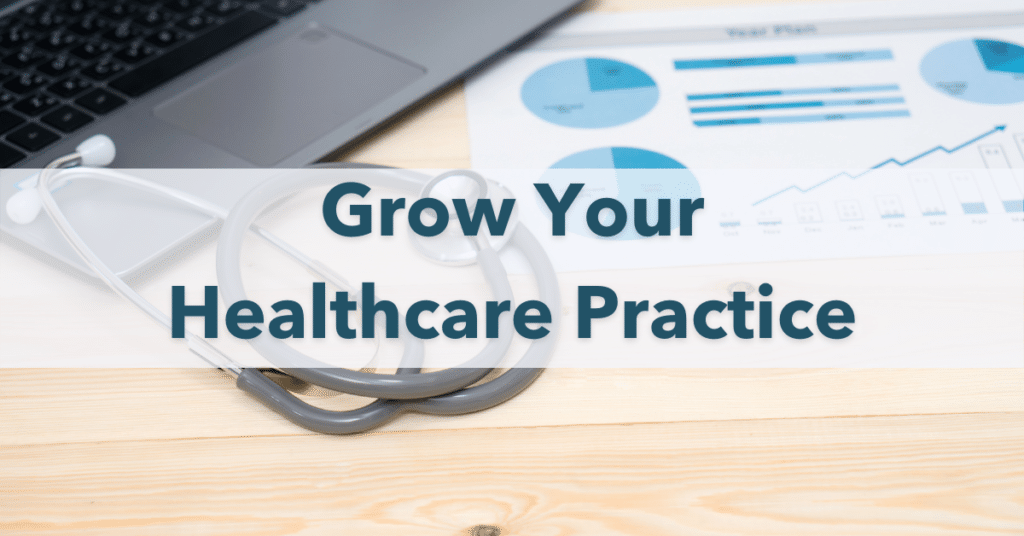
Why Companies Are Going Back To Direct Mailers
Why Companies are Going Back to Direct Mailers For the last few years, email marketing data has been on the rise and at the forefront
Healthcare is a ~9 trillion dollar industry and growing, making setting up a healthcare practice very attractive. At the same time, as the number of practitioners entering the market grows, vying for the attention of new clients or patients becomes more challenging. Enter online marketing to grow your healthcare practice.

For years, the retail and services sectors have benefited from online marketing. But healthcare practices have been slower to recognize how effective online marketing can be. For some practitioners, such as one Northern Virginia-based chiropractor, the idea of online marketing feels too impersonal. For others, the technology seems too complicated. Whatever the barriers, times are changing and to compete in the healthcare industry, practitioners need to reach patients. Online marketing is one of the most cost-effective ways to do that.
How can online marketing grow your healthcare practice? You can reach people anywhere, any time. If you can reach a person at the moment they need you, you are more likely to capture their business. One massage center owner started using marketing years ago when he realized people were thinking about massage in the evening after a long day sitting at a desk. With a combination of online advertising and online scheduling, he made it easy for them to set up appointments at the moment they were looking for relief. His business soared, and he now operates the largest independently owned massage center in Northern Virginia.
There are two things you need to start taking advantage of online marketing:
Online marketing also includes email marketing, which is easy with tools such as Constant Contact or MailChimp. You can collect your patients’ and/or clients’ email addresses and send them offers or specials—a great way to build loyalty. In fact, omnichannel has been taken to the next level with some practices sending texts and emails, regarding their next appointment.
You can also think about a social media strategy, although which one is right for your practice depends entirely on what kind of healthcare practice you have. For example, it may make sense for a yoga studio to be active on Facebook, whereas a cardiologist may want to focus on LinkedIn.
Online marketing is a relatively low-cost, easy-to-implement strategy that can have significant returns for your healthcare practice. Learn more about how Mailing Lists Direct can help you take full advantage of marketing your healthcare practice online with high-quality direct mail and email marketing lists.

Why Companies are Going Back to Direct Mailers For the last few years, email marketing data has been on the rise and at the forefront

How to Create a Personalized Direct Mail Piece Adding personalized elements to your mail piece increases response rates. Mail recipients prefer to receive mailers that

Using Business Mailing Lists to Drive Leads Finding new business leads can be a tricky process, whether you are relying on yourself, your marketing team,

How to Develop Content that Works “My website is a beast that must be fed,” a real estate broker recently lamented. And the website’s favorite

8 Reasons to Purchase an Email List An accurate email list has the power to jumpstart new businesses or give some much-needed traction to older

Why Rent or Buy an Email List? When it comes to email marketing, you may have heard that renting or buying email lists is always
"*" indicates required fields
